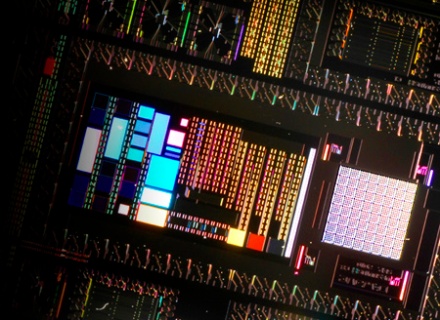A few days ago, a friend informed me of the recent actions of Lockheed Martin and D-Wave Systems with regards to the “Quantum Computer”. This information piqued my curiosity pertaining to the topic, and I elected to do a bit of research. According to Kevin Bonsor and Jonathan Strickland at “HowStuffWorks”, the power of the “Quantum Computing” theory lies within the principle of the “superposition” of digits: all computers today rely on the numerical digits of “Base 2”, consisting of “0” and “1”. Through the utilization of Quantum Theory, Quantum Computers can utilize the superposition of “1” and “0”, including all numbers between the two aforesaid digits. This realization is incredibly powerful; instead of a simple “on” or “off” position within a transistor mandating that only one calculation be performed per cycle, millions can be performed at one time, utilizing this “Quantum Computing” principle and “superposition”. The metric for computer calculation speed is the “flop”, which is defined as “Floating Point Operations Per Second”, or the amount of calculations utilizing decimal numbers, per second. Currently, desktop computers rank in the area of “Gigaflops”, which allow for billions of calculations, per second. One of the most advanced Quantum Computers produced by D-Wave Systems can perform calculations in the realm of “Teraflops”, or trillions of floating point calculations, per second. With advancements such as those made by D-Wave Systems, the computational power of laboratories and technological corporations could grow immensely. However, as described in the “HowStuffWorks” article, the main drawback in the development of Quantum Computing is the comprehension of Quantum Mechanics, itself. While the speeds claimed by Quantum Computer production corporations are incredible, they are equally questionable. This notion aside, Quantum Computing appears to be one of the most promising computing technologies in recent news.
Photo Courtesy of D-Wave Systems
http://en.wikipedia.org/wiki/FLOPS
